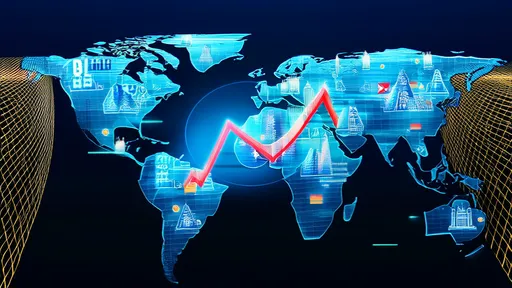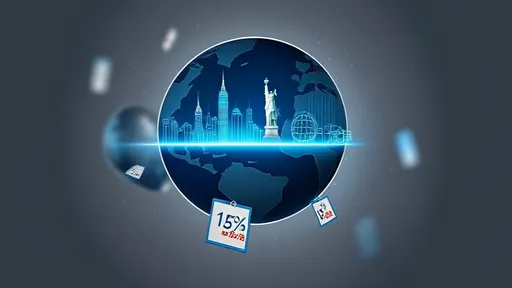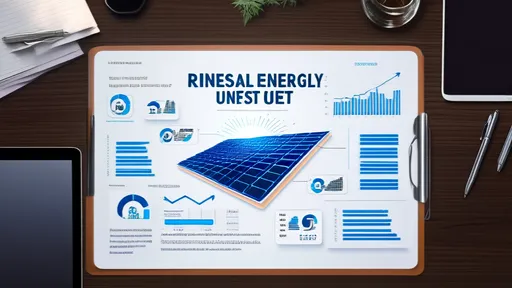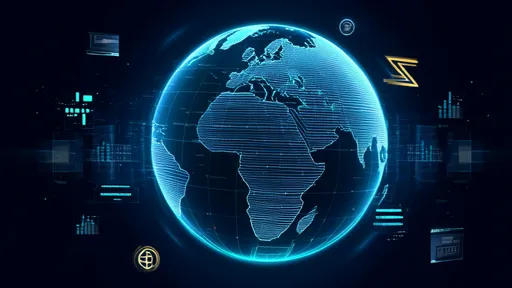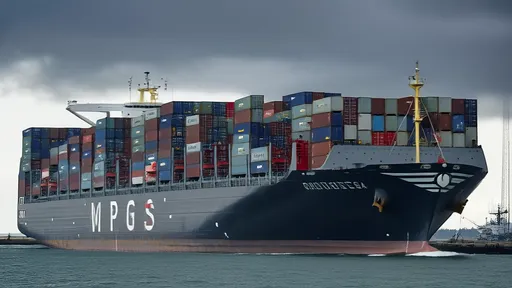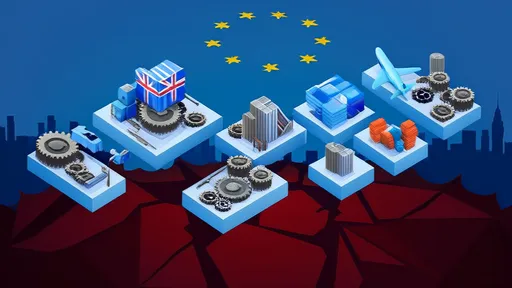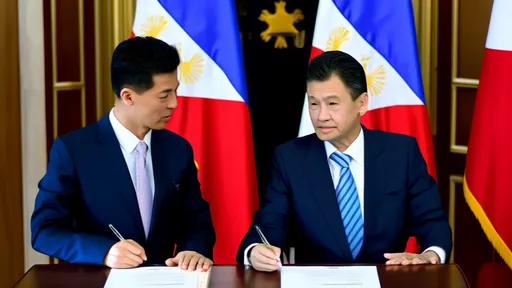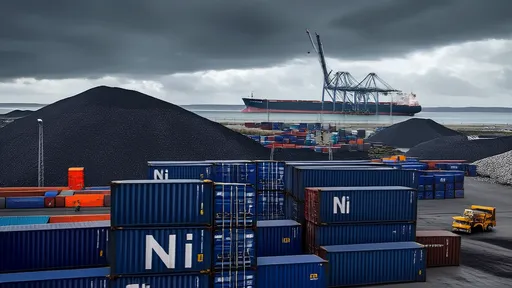The global electric vehicle (EV) industry is facing a significant cost surge as Indonesia, the world’s largest nickel producer, enforces a strict ban on nickel ore exports. The policy, initially introduced in 2020 to promote domestic processing, has now begun to exert intense pressure on battery manufacturers scrambling to secure alternative sources. With nickel being a critical component in lithium-ion batteries, the restriction has disrupted supply chains and driven up production costs for EV makers worldwide.
Indonesia’s decision to halt nickel exports was aimed at boosting its domestic smelting industry and capturing more value from its vast mineral resources. However, the move has backfired on international markets, where nickel prices have skyrocketed due to tightened supply. Major battery producers, particularly those in China, South Korea, and Japan, rely heavily on Indonesian nickel, and the sudden shortfall has forced them to seek pricier alternatives from countries like the Philippines, Australia, and Russia.
The ripple effects are already being felt across the EV sector. Automakers such as Tesla, BYD, and Volkswagen have warned of potential price hikes for electric vehicles as battery costs climb. Analysts estimate that nickel accounts for nearly 30% of the total cost of a lithium-ion battery, and with prices up by over 50% since the export ban took full effect, the financial strain on manufacturers is undeniable. Smaller EV startups, already operating on thin margins, may struggle to absorb these additional costs without passing them on to consumers.
Meanwhile, Indonesia’s domestic nickel processing industry has yet to reach the capacity needed to fill the global demand gap. While the country has attracted billions in foreign investment for smelting projects, many facilities are still under construction or operating below full efficiency. This lag in production has exacerbated supply shortages, leaving international buyers with limited options. Some industry experts argue that Indonesia’s push for downstream processing was premature, given the insufficient infrastructure to meet immediate market needs.
Environmental concerns further complicate the situation. As buyers turn to other nickel-producing nations, mining activities in ecologically sensitive regions, such as the Philippines’ Palawan province, have intensified. Environmental groups warn that the rush to extract more nickel could lead to deforestation, water pollution, and habitat destruction. This shift contradicts the sustainability goals of many EV companies, which market their products as environmentally friendly alternatives to traditional combustion engines.
The geopolitical implications of Indonesia’s export ban are also coming into focus. China, the dominant player in the global battery supply chain, has been aggressively investing in Indonesian nickel processing to secure its own supply. This has raised concerns among Western automakers about over-reliance on Chinese-controlled resources. In response, the U.S. and European Union are exploring partnerships with alternative nickel suppliers, but developing new mining projects takes years—time that the rapidly growing EV market may not have.
For now, the EV industry faces a difficult balancing act. While demand for electric vehicles continues to surge, driven by government mandates and consumer interest in sustainability, the rising cost of batteries threatens to slow adoption rates. Some manufacturers are experimenting with alternative battery chemistries, such as lithium iron phosphate (LFP), which uses less nickel. However, these alternatives often come with trade-offs in energy density and performance, making them unsuitable for high-end vehicles.
As the situation evolves, one thing is clear: Indonesia’s nickel export ban has exposed the fragility of the global EV supply chain. Without a swift resolution or a viable alternative, the dream of affordable electric vehicles for the mass market may be delayed—a setback the planet can ill afford in the race against climate change.
The World Trade Organization (WTO) has issued a stark warning about the growing fragmentation of global trade, cautioning that a breakdown in international cooperation could slash global GDP by up to 5%. The alarm comes amid rising geopolitical tensions, trade barriers, and a shift toward protectionist policies that threaten to unravel decades of economic integration.
The global food price index has shown a steady decline over the past several months, offering temporary relief to consumers worldwide. However, this positive trend masks deeper structural vulnerabilities in the world's food systems that continue to threaten long-term food security. While lower prices at grocery stores and markets provide welcome breathing room for household budgets, agricultural experts warn that climate change remains an existential threat to stable food production.
The once-explosive growth of cross-border e-commerce is showing signs of cooling, prompting major platforms to shift their focus toward emerging markets, particularly Southeast Asia. After years of double-digit expansion, global online retail sales are facing headwinds from economic uncertainty, supply chain disruptions, and shifting consumer behaviors. This slowdown has forced industry players to rethink their strategies, with many turning their attention to the relatively untapped potential of Southeast Asian nations.
The race for quantum supremacy has entered a new phase as tech giants IBM and Google accelerate their efforts to commercialize quantum computing. What was once a theoretical pursuit confined to research labs is now a high-stakes battle for market dominance, with both companies vying to establish themselves as the leader in this transformative technology. The competition is heating up as breakthroughs occur at an unprecedented pace, leaving investors, governments, and industries scrambling to understand the implications.
The global housing market, once a bastion of stability and growth, is now facing one of its most significant downturns in recent memory. Across Europe and North America, property prices have plummeted by an average of 15%, sending shockwaves through economies and leaving homeowners, investors, and policymakers scrambling to respond. This sharp decline marks the bursting of what many analysts had long warned was an unsustainable real estate bubble, inflated by years of cheap credit, speculative buying, and artificially low interest rates.
The global luxury market is experiencing an unexpected chill, and nowhere is this shift more pronounced than in China. As international luxury houses report softening demand from their most crucial demographic, a quiet revolution is taking place among Chinese consumers who are increasingly turning to homegrown high-end brands. This tectonic shift in consumer behavior is reshaping the luxury landscape in ways that few industry analysts predicted just five years ago.
The global semiconductor shortage that has plagued industries from automotive to consumer electronics since 2020 is finally showing signs of easing. However, beneath this broader recovery lies a paradoxical imbalance: while advanced chip production has largely stabilized, mature-node semiconductors remain stubbornly constrained. This divergence reveals fundamental shifts in the semiconductor ecosystem that may reshape supply chains for years to come.
The global energy landscape is undergoing a seismic shift as investments in renewable energy have surpassed those in fossil fuels for the first time in history. This milestone marks a turning point in the world’s transition toward cleaner energy sources, with solar power emerging as the dominant force driving this growth. The trend reflects not only changing market dynamics but also a broader recognition of the urgent need to combat climate change.
The biotech sector is witnessing an unprecedented surge in investor interest, with gene-editing companies leading the charge. Over the past year, venture capital firms and institutional investors have poured record-breaking sums into startups specializing in CRISPR and other gene-editing technologies. The momentum shows no signs of slowing down, as breakthroughs in therapeutic applications and agricultural innovations continue to capture both scientific and financial attention.
The global artificial intelligence (AI) investment landscape is undergoing a seismic shift, with projections indicating that total spending on AI technologies will surpass $1.5 trillion by 2025. Among the key players driving this unprecedented growth, China stands out as a dominant force, accounting for an estimated 35% of the worldwide AI investment. This surge reflects not only the rapid adoption of AI across industries but also the strategic prioritization of AI development by governments and corporations alike.
The global shipping industry is facing unprecedented turbulence as freight rates skyrocket and the Red Sea crisis exacerbates supply chain disruptions. What began as regional geopolitical tensions has spiraled into a worldwide logistical nightmare, squeezing businesses already struggling with post-pandemic recovery. The ripple effects are being felt across industries, from automotive manufacturers waiting on critical components to retailers staring at half-empty shelves during peak shopping seasons.
The UK's post-Brexit economic landscape continues to face significant headwinds, with recent data revealing a record-high trade deficit and persistent contraction in the manufacturing sector. These developments have reignited debates about the long-term consequences of leaving the European Union, as British businesses struggle to adapt to new trade barriers and supply chain disruptions.
The African Continental Free Trade Area (AfCFTA) has officially commenced operations, marking a historic milestone in the continent's economic integration. With the ambitious goal of doubling intra-African trade by 2035, the initiative is poised to reshape the economic landscape of Africa, fostering greater collaboration among its 54 member states. The AfCFTA represents the world's largest free trade area by the number of participating countries, covering a market of over 1.3 billion people and a combined GDP of approximately $3.4 trillion.
The Philippines and the United States have recently inked a pivotal agreement aimed at strengthening cooperation in the critical minerals sector, a move widely interpreted as an effort to reduce reliance on China. This strategic partnership underscores the growing geopolitical significance of securing supply chains for minerals essential to modern technology, renewable energy, and defense systems. As tensions between Washington and Beijing continue to escalate, the deal signals a broader shift in global trade dynamics, with nations increasingly seeking alternatives to Chinese dominance in the critical minerals market.
The global electric vehicle (EV) industry is facing a significant cost surge as Indonesia, the world’s largest nickel producer, enforces a strict ban on nickel ore exports. The policy, initially introduced in 2020 to promote domestic processing, has now begun to exert intense pressure on battery manufacturers scrambling to secure alternative sources. With nickel being a critical component in lithium-ion batteries, the restriction has disrupted supply chains and driven up production costs for EV makers worldwide.
